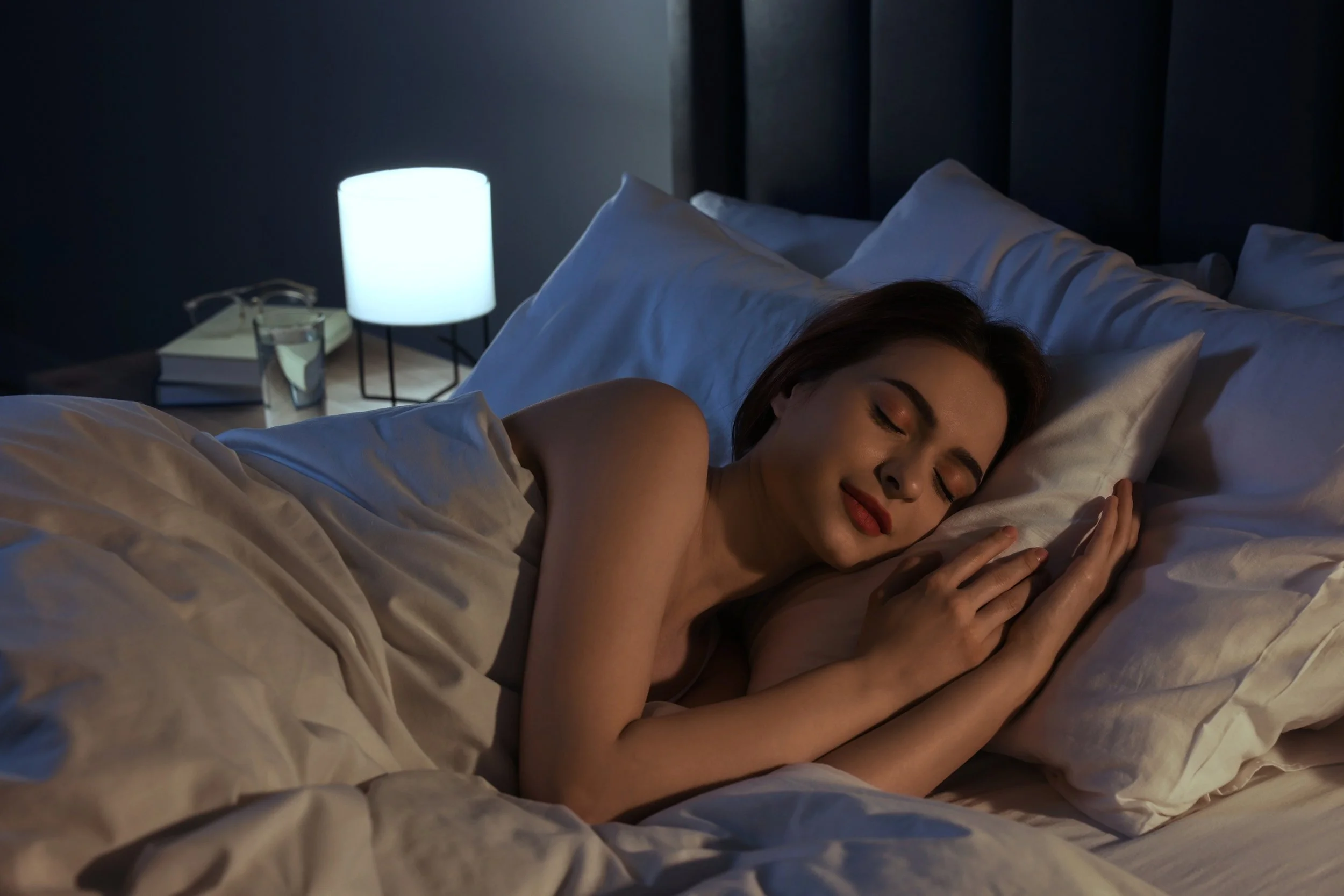In modern times, a lot of us feel like we don't have enough spare time due to our numerous commitments and we yearn for more. Over half of Americans believe they do not have enough time to do everything they want to do and this sentiment carries to people around the entire globe.
However, is having a restricted amount of free time actually a bad thing? And are there any drawbacks to having too much free time?
Image Credit: Antonio Guillem via Shutterstock / HDR tune by Universal-Sci
The potential harm and disadvantages derived from having too little free time are pretty obvious. People who work long hours tend to devote a more significant part of their time to work-related responsibilities and have less time to do what they want. Less discretionary time equals less time spent on activities associated with increased well-being.
Perhaps not surprising, according to a peer-reviewed study released by the American Psychological Association, having a lack of spare free hours in one's day leads to increased stress and worse subjective well-being. However, perhaps contrary to one’s intuition, more free time is only beneficial up to a point as it turns out that too much spare time can be harmful as well.
The study
Researchers investigated the relationship between the amount of free time people have and their subjective well-being. They examined data from almost 22,000 Americans who took part in the American Time Use Survey. On top of that, they also analyzed data from an additional 13,639 Americans that participated in the National Study of the Changing Workforce between 1992 and 2008
In the American Time use survey, participants were asked to provide a comprehensive description of what they did in the previous 24 hours, including the time of day and duration of each activity, as well as their overall sense of well-being.
In the National Study of the Changing Workforce, people were questioned about the quantity of discretionary time they had and about their subjective well-being, which was assessed as life satisfaction (For example: "All things considered, how do you feel about your life these days? Would you say you feel 1=very satisfied, 2=somewhat satisfied, 3=somewhat dissatisfied, or 4=very dissatisfied?")
The researchers discovered that as the amount of free time grew, so did happiness, but interestingly, it peaked at approximately two hours per day and began to drop after that. Correlations were statistically significant in both directions.
Additional experiments
In an attempt to better understand the phenomenon, the scientists performed two online tests with over 6000 participants.
Image Credit: Natalia Bostan via Shuttersock / HDR tune by Universal-Sci
Participants in the first experiment were instructed to envision having a certain amount of free time every day for at least six months. Participants were randomly allocated to have a low (15-minute) amount of free time, a moderate (3.5-hour) amount of free time, or a high (7-hour) amount of free time. Subsequently, participants were asked to rate their likelihood of experiencing enjoyment, happiness, and contentment.
The results showed that people with very little free time and people with a lot of free time had a worse sense of well-being than people with an intermediate amount of spare time.
The researchers discovered that individuals with less discretionary time felt more stressed than those with more, contributing to poorer well-being; however, those with more free time felt less productive than those in the intermediate group, contributing to an inferior sense of well-being.
With the second experiment, scientists attempted to find out what role productivity plays in all of this. People were asked to imagine having either a moderate (3.5 hours) or high (7 hours) amount of free time per day but were also asked to imagine spending that time in either productive (for example: spending time on hobbies, running, or working out) or unproductive activities (For example: spending time behind their computer or watching television or using the computer).
The results show that individuals with a larger amount of spare time declared a lower worse sense of well-being when partaking in unproductive activities. Nevertheless, when partaking in productive activities, those with more free time felt similar to those with a moderate amount of free time.
Image Credit: Maria Siubar via Shutterstock
How to fill in your spare time in an optimal way
The study's lead author, Dr. Marissa Sharif, stated that, although their study focused on the amount of free time in relation to subjective well-being, the additional investigation into how people spend their free time proved revealing.
The results imply that ending up with entire days free to fill at one's discretion can leave you unhappy. It seems optimal to strive for a moderate amount of free time to spend how you want.
In cases where people do find themselves with large amounts of free time (think of retirement), the results suggest that benefit can be had by filling in this time with activities that provide a sense of purpose.
Further reading:
Having Too Little or Too Much Time Is Linked to Lower Subjective Well-Being (Journal of Personality and Social Psychology)
If you enjoy our selection of content, consider subscribing to our newsletter
FEATURED ARTICLES:











